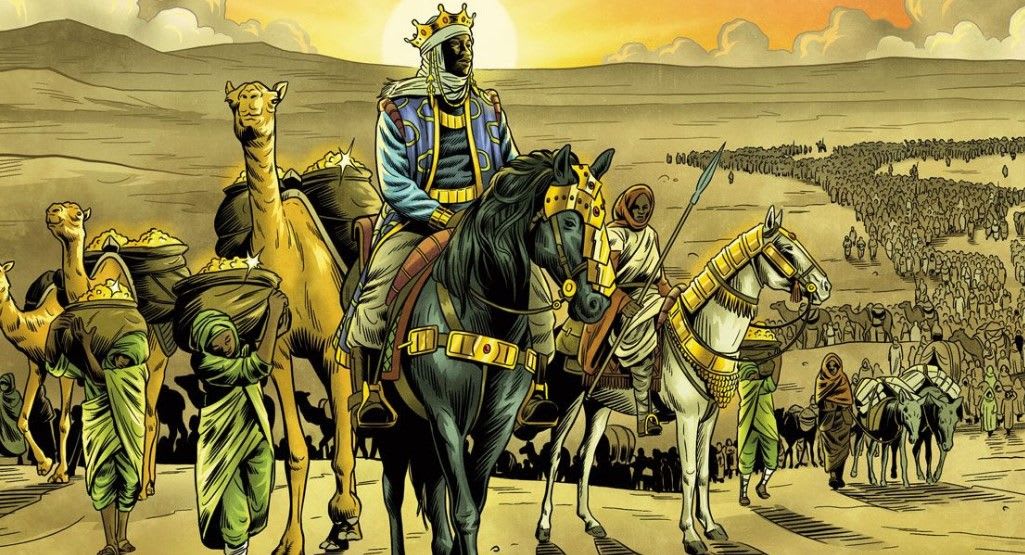The late Libyan leader Muammar Gaddafi was different things to different people. To some, he and his agendas were misunderstood and held to the same esteem as the likes of Kwame Nkrumah and other prolific African leaders. To others, he was a maverick, his eccentric and unpredictable nature more than they could contain. The leader thrived on reinventing himself and his philosophies, and although many of his processes were controversial, his impact on Libya was palpable. Ten years after his assassination at the hands of the Western organization NATO one question rings loud: Why did Africa turn its back on the passionate leader.
Young army officer Muammar Gaddafi stepped into power when Libya’s future looked bleak. The West was bleeding the country dry, and Gaddafi did not shy away from expressing his anti-imperialist stance. He knew that to rebuild his country; he’d have to regain power over the resource that rightfully belonged to Libya: oil. Libya’s oil extraction was controlled mainly by foreign petroleum companies leaving the country with a meager percentage of the revenues. Gaddafi then sought to acquire a majority stake in the income of all oil produced in the country. He set a precedent, and more countries followed, setting off the Arab petro-boom in the 70s.
Gaddafi took Libya from being one of the poorest countries in Africa to one of the richest by tackling the crippling economic legacy of foreign domination by colonialists. Libya had achieved financial independence; by the early 2000s, citizens enjoyed free education, healthcare, fundamental housing rights, and local democracy. His impact on the continent reached far and wide. He was closely involved in creating the African Union and pushed for a united Africa. However, many African leaders rejected his Pan-Africanist ideals, including a ‘United States of Africa’ with an all-African army and common currency.
While Gaddafi may have been popular, some grew suspicious of him following some major movements he supported. While he was a nationalist and promoted democracy continentally, he often funded and supported militant groups and resistance movements many African leaders disagreed with. Moreover, his advocacy for overthrowing governments set him on a collision course with his peers. From the 1980s, Libya became isolated within the Organization of African Unity because of significant events like the military interventions in Chad, which led to governments boycotting the OAU Summit in Tripoli in 1982.
Tensions increased between Gaddafi and the countries where he routinely backed rebel groups in Sierra Leone and Liberia in the 90s and the Tuareg in Mali. Widespread xenophobic attacks against black African migrants in 2000, which led to multiple deaths, further tainted his Pan-Africanist image. Gaddafi used money to buy influence, although ultimately, the same leaders who eagerly accepted the monetary incentives did not support him or his views.
It does not take a lot to see that while Gaddafi did transform Libya, he was unhinged, dangerous and many maintain he was racist. Many African leaders saw his plan for what it was: a means to control African states under the guise of unity. This would have spelled trouble for the leaders as they most likely had to relinquish sizable amounts of their power in their respective nations. Gaddafi had influence, and that proved problematic. After his Pan-Arabism plan fell through, he adopted Pan-Africanism, fostering suspicions continentally. Gaddafi’s style of governance, impact, and violent interventions in other nations turned him from a revolutionary hero into an outcast, making it easy for Africa to go mute on him when he faced assassination.










